What Are Polynucleotides?
28563 by Omniya Clinic
Hot flushes, also known as hot flashes, are sudden sensations of warmth that quickly move through the body. These sensations are commonly felt in the face, neck, and chest. They are often accompanied by sweating, flushing of the skin, and sometimes a rapid heartbeat. Episodes like these are often seen during menopause. They can also be caused by hormonal changes, medications, medical conditions, stress, or anxiety.

Hot flushes are sudden feelings of intense heat, often with redness in the face and neck. They may also cause:
Hot flushes and the menopause are closely linked, as the menopausal transition involves significant hormonal changes, notably the decline in oestrogen levels. This decrease in oestrogen disrupts the body’s temperature-regulating mechanisms, often resulting in the sudden onset of heat known as hot flushes.
Beyond hormonal changes, other physiological factors play a role. Changes in neurotransmitters that affect temperature control and variations in blood vessel dilation can amplify the sensation of heat during a hot flush.
External factors such as emotional stress, and dietary triggers like caffeine, alcohol, and spicy foods, can further exacerbate these symptoms. Effectively managing these triggers is essential for those experiencing hot flushes during menopause.
Hot flushes can continue for some women even after the menopause transition has concluded. These postmenopausal hot flushes can persist for several years and, in some cases, may remain a lifelong issue for a small percentage of women. Some women still have hot flashes after menopause because their hormone levels remain low and unstable.
Treating hot flushes after menopause involves making lifestyle changes and using medical treatments, similar to how they are managed during menopause. It’s important for women experiencing prolonged hot flushes to engage with their healthcare providers to explore the best treatment options suited to their individual health profiles and needs.
Exercise
Engaging in regular physical activity is crucial not only for overall health but also for hormonal balance, which can significantly affect symptoms of hot flushes. Activities such as walking, yoga, swimming, and cycling can help reduce stress, improve cardiovascular health, and stabilise mood swings. The release of endorphins from exercise can also have a calming effect, which may lessen the frequency and severity of hot flushes.
Diet
A diet rich in fruits, vegetables, and whole grains provides essential vitamins, minerals, and fibre that can support overall health and help the body cope better with menopausal symptoms. Phytoestrogens found in foods like soybeans, flaxseeds, and sesame seeds may also have a mild estrogenic effect, potentially easing hot flushes. Additionally, maintaining a diet low in processed foods and sugars can help stabilise blood sugar levels, thus preventing hormonal imbalances that may trigger hot flushes.
Cooling Techniques
Practical measures to manage the physical discomfort of hot flushes include the use of fans, cooling sprays, and choosing clothing made from natural, breathable fabrics like cotton and linen. These can help dissipate heat more efficiently during a hot flush. At night, using cooling gel pillows and moisture-wicking bed linens can significantly improve sleep quality, which is often disrupted by hot flushes.
Avoiding Known Triggers
Identifying and avoiding personal triggers can play a pivotal role in managing hot flushes. Substances like alcohol, caffeine, and spicy foods can dilate blood vessels and increase body temperature, leading to or exacerbating hot flushes. Keeping a symptom diary can help identify specific triggers. Additionally, smoking cessation is strongly advised, as smoking can worsen menopausal symptoms, including hot flushes.
Stress Management
Stress is a notable trigger for hot flushes as it can disrupt hormonal balances and exacerbate menopausal symptoms. Techniques such as mindfulness and meditation can be especially beneficial, providing a way to calm the mind, reduce stress, and improve emotional regulation. Practising deep breathing exercises during a hot flush can help manage immediate discomfort and lower stress levels. Engaging in regular relaxation practices like tai chi or yoga also helps to reduce stress hormones and promotes an overall sense of well-being.
Medical Help
While many individuals manage hot flushes through lifestyle and holistic methods, it’s crucial to recognize when professional medical advice is needed. Medical intervention may be necessary if hot flushes are frequent and intense enough to disrupt daily life or cause significant discomfort.
Our practitioners will take the time to understand your unique symptoms, health history, and lifestyle factors to create a bespoke treatment plan. We explore a range of treatment options to manage and alleviate hot flushes, such as:
Hormone Replacement Therapy (HRT): HRT can alleviate hot flushes by replenishing oestrogen levels, helping regulate body temperature. HRT may also ease other menopausal symptoms like night sweats and mood swings. At Omniya Clinic in London, our team of experienced doctors and practitioners offers personalised and comprehensive care, specialising in conventional, bio-identical, and body-identical HRT options.
Non-Hormonal Treatments: If you are looking for ways to stop hot flushes without HRT, we offer a new type of non-hormonal menopause drug, Veoza (fezolinetant), which is a new menopause drug for hot flushes approved in the UK. This daily pill works on the brain’s temperature-control centre to alleviate these symptoms.
Holistic approach: Our treatment includes recommendations for nutritional supplements and lifestyle changes that can help manage hot flushes. We advise on the best supplements to support your hormonal health and overall well-being, and provide guidance on diet, exercise, and stress management techniques that can reduce the occurrence of hot flushes.
Although less common, men can also experience hot flushes, typically due to a decrease in testosterone or treatment for prostate cancer, which can affect hormone levels. Another related factor is andropause, often referred to as the male menopause, where a gradual decline in testosterone occurs as men age. This decline is similar to the hormonal changes women experience during menopause and can also lead to symptoms like hot flushes.
Men experiencing persistent hot flushes should consult with a healthcare provider for appropriate evaluation and management. Omniya provides Testosterone Replacement Therapy (TRT) for men to help with symptoms of low testosterone, book a consultation here.
Hot flushes typically last from 6 months to 2 years for most women, but it’s not unusual for them to persist much longer, sometimes up to 10 years, especially if they start early. A small number of women may experience them indefinitely. Additionally, it’s possible for hot flushes to recur more than 10 years after menopause, continuing into the 70s and beyond. Unfortunately, there’s no certain way to predict their onset or duration.
If you start experiencing hot flushes, it’s important to stay hydrated, dress in layers, avoid triggers like spicy foods and caffeine, and practice stress-reduction techniques like deep breathing or meditation. If they significantly impact your quality of life, book in a consultation at Omniya Clinic for further evaluation and management options.
Hot flushes commonly occur during perimenopause and menopause, typically between the ages of 45 and 55, but can also occur earlier or later depending on individual factors.
Yes, hot flushes can be managed with various treatments. Hormone replacement therapy (HRT) is the most effective, but other options include lifestyle changes, non-hormonal medications, and alternative therapies like acupuncture.
While hot flushes themselves are not harmful, frequent and severe episodes can affect quality of life and may be associated with other health issues such as sleep disturbances, anxiety, and cardiovascular concerns. It is important to discuss symptoms with your healthcare provider or practitioner at Omniya Clinic.
Supplements that may help manage hot flushes include Evening primrose oil, vitamin E, black cohosh, and phytoestrogens like soy isoflavones. However, it’s crucial to discuss with a healthcare provider before starting any supplements as they can interact with medications and may not be suitable for everyone.
Yes, some women may experience a recurrence of hot flushes even years after the menopause transition. These late-onset hot flushes can occur well into the 70s or beyond.
The best treatment for hot flushes varies depending on individual health, severity of symptoms, and personal preferences. Hormone replacement therapy (HRT) is highly effective for many, while others might prefer non-hormonal medications or lifestyle adjustments.
Hot flushes are typically characterised by sudden warmth, redness of the face and neck, sweating, and sometimes palpitations. If you are experiencing these symptoms along with irregular periods, it’s likely related to menopause. However, other medical conditions can also cause similar symptoms, so consulting a healthcare provider for an accurate diagnosis is recommended.
There isn’t a specific number that is considered “too many” hot flushes. However, if hot flushes are frequent enough to interfere with your daily life or sleep patterns, it’s a good idea to consult a healthcare provider for management strategies.
During a hot flush, you might feel like your temperature is rising, but the actual increase in core body temperature is usually very slight. The sensation of heat is more about increased blood flow to the skin and sweating.
The frequency of hot flushes varies widely. Some may experience a few a week, while others might have several per day. If the frequency disrupts your daily life or sleep, seeking medical advice is advised.
It’s most common to start experiencing hot flushes during perimenopause, typically in the mid to late 40s, but they can start earlier or later depending on individual hormonal changes.
Signs of low oestrogen may include hot flushes, night sweats, vaginal dryness, mood swings, and decreased libido. Blood tests can confirm low oestrogen levels, so discussing symptoms with a healthcare provider is advisable.
Hot flushes are most common during perimenopause (the stage leading up to menopause) and may continue through menopause and postmenopause. They are one of the hallmark symptoms indicating the transition into menopause.






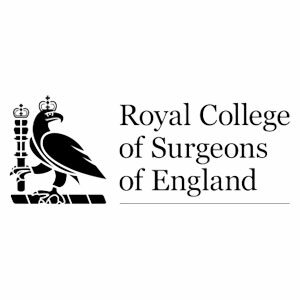
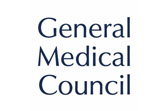
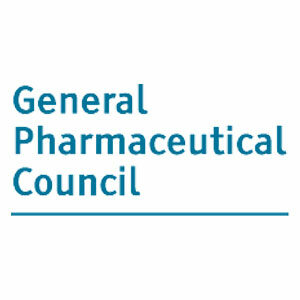
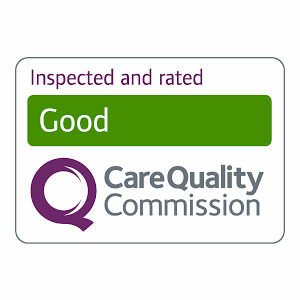


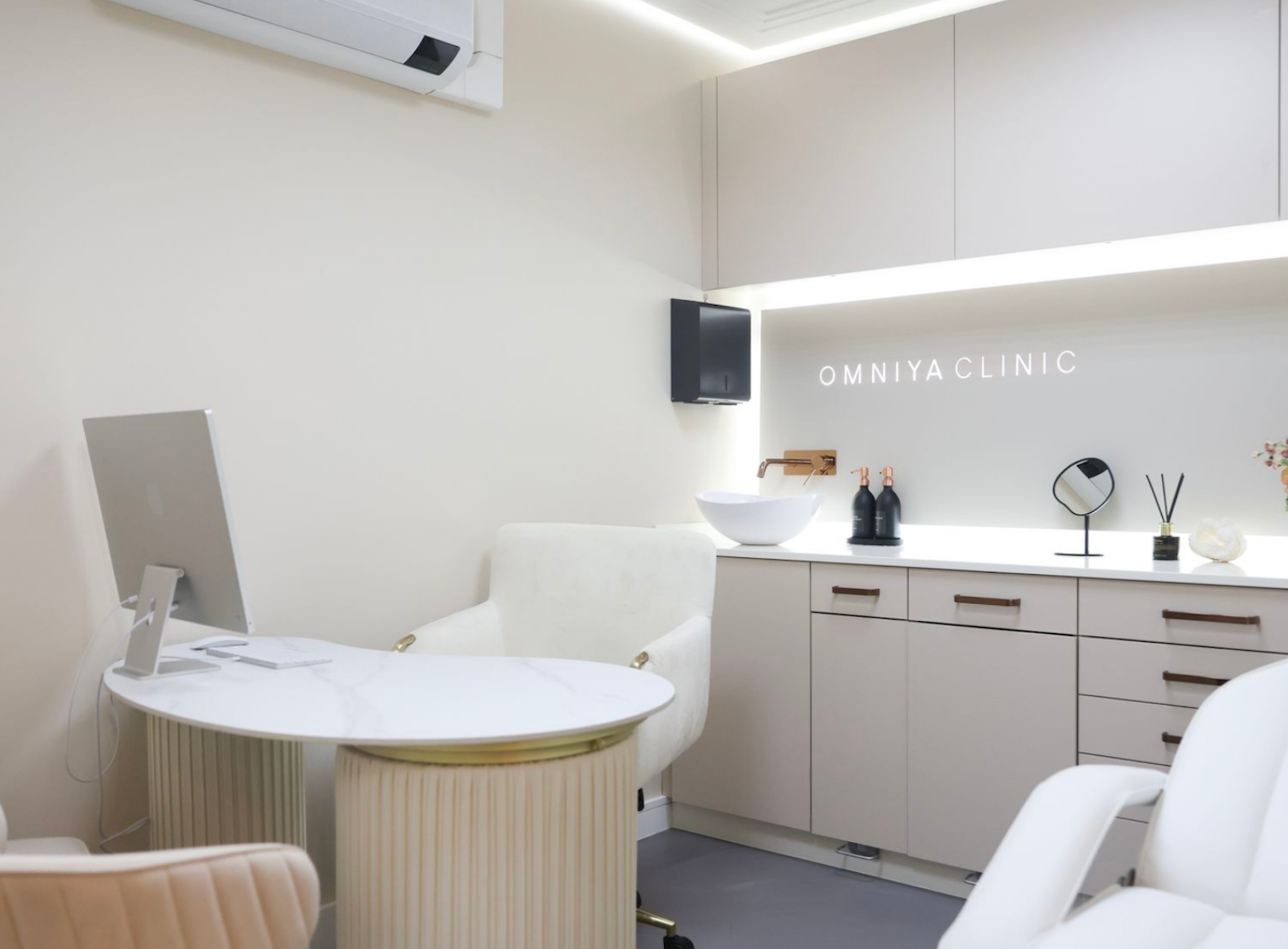
During your consultation, we will advise you on the best treatments and products to use at home.
*Available with participating practitioners



If you are an existing patient, we kindly request that you email your request through to hello@omniya.co.uk rather than filling out the contact form.
"*" indicates required fields